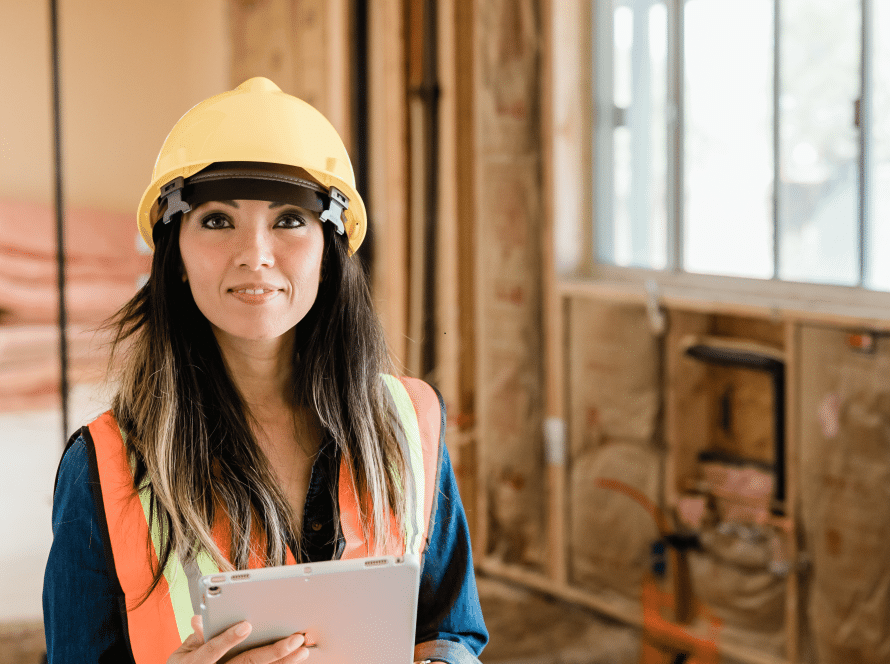When assessing the size of a home in terms of square footage, people often wonder whether the basement should be included. Knowledge of how this space is assessed can impact the real estate market, property taxation, and even one’s home improvements. This guide will look at what is regarded as finished space, why basements are peculiar, and how they are treated regarding various square footage.
Understanding Square Footage
What is Square Footage?
Square footage is the total amount of space of a dwelling when one has calculated the total length multiplied by the total width of a property. The area measurement is important in real estate business because it is frequently used to determine the value, price, or the comparison of different properties.
Finished vs. Unfinished Square Footage
Closed square footage encompasses areas that are complete with work right down to dry wall, floor coverings, lights, insulation, heating, and ventilating. The unfinished areas, conversely, are all areas that do not contain such features and is usually used for storage or for future construction or utility functions.

Does a Finished Basement Count?
General Real Estate Guidelines
In the real estate industry, there is a possibility that the finished basement could be included in the area measurements based on certain considerations.
Common guidelines:
1. Appraisal Standards: The appraisal standards most commonly used by real estate appraisers are from the governing body of the Appraisal Institute of America; they have published “the Manual of Uniform Appraisal Standards” (MUAS). By these rules, the area of finished basements can be taken into consideration provided the following conditions are met: the ceiling height of the basement should be no less than five feet; the basement area should be heated or air conditioned; and it should be fully insulated with a wall with dry walling.
2. Multiple Listing Service (MLS): When listing properties, the MLS incorporates finished basements in the total area space if they are heated, cooled, and finished.
Local and State Regulations
Note that specific states or cities may have their own various laws on matters concerning which parts of the house or dwelling can be considered habitable. For instance, there might be specific rules regarding the ceiling height or the necessity of egress windows for a basement to be counted as living space.
Insurance and Taxation
Insurance firms and the local authorities may also have different ways of calculating the usable area of finished basements. While some might make references to finished, livable square footage, others might refer to the zoning legislations, intended property use, among other factors, in coming up with the assessed value.
Benefits of Counting Finished Basements
Increased Property Value
Incorporating a basement that is fully finished can be considered one of the key ways of improving the value of a home. More space is always a bonus when it comes to the buying and selling of homes, and it can be used for bedrooms, play rooms, or a home office.

Better Marketability
Having larger living space is considered to be more appealing to buyers. Finishing the basement and counting it as another floor adds value to the property, thus making it attractive to buyers, so it can be sold faster or even for a higher price.
Challenges and Considerations
Cost of Finishing
Completing a basement may prove unaffordable for many homeowners. In most cases, a basement can contribute to the square footage of a home only if it meets certain criteria, like incurring expenses on insulation, erecting the drywall, plumbing, installing more electrical works, and implementing climate control.
Legal and Zoning Issues
You will need to consider applying for permits for converting a basement into living space before starting the project. There are some zoning laws that provide limitations in the utilization of basements and the process of acquiring such permits can be challenging.
Perception and Practicality
A finished basement, however, can increase a home’s value, and therefore, enhance the attractiveness for potential home owners. Some might prefer having larger bedrooms in the upper levels or they may consider the basement as a livable space an extra bonus.


